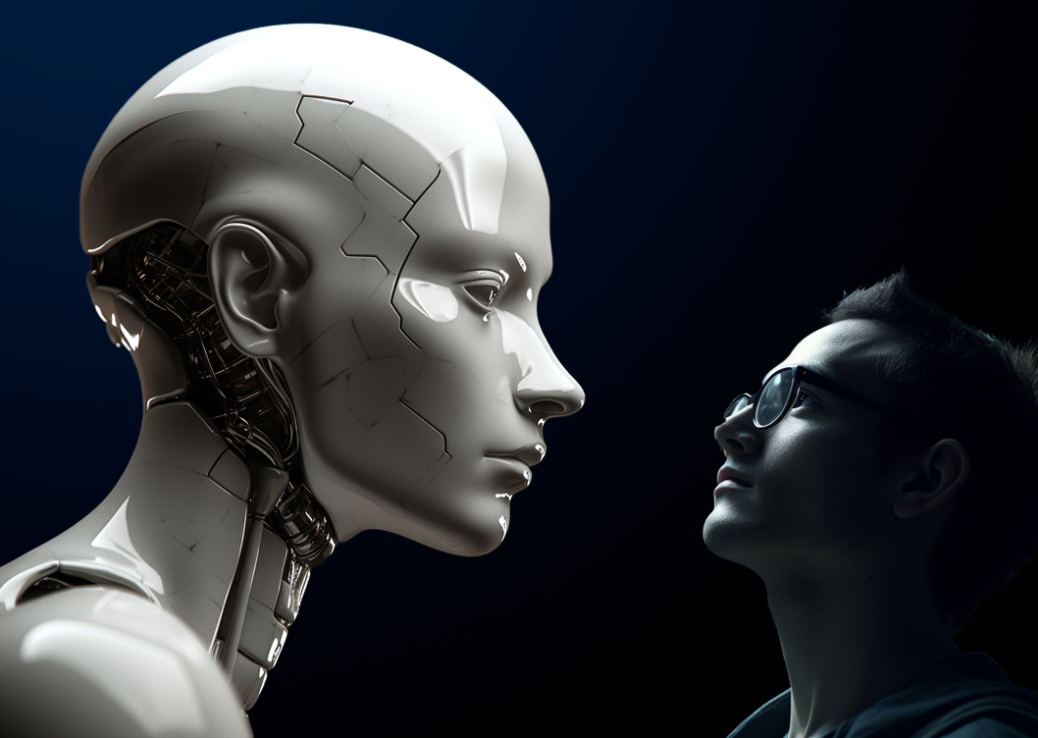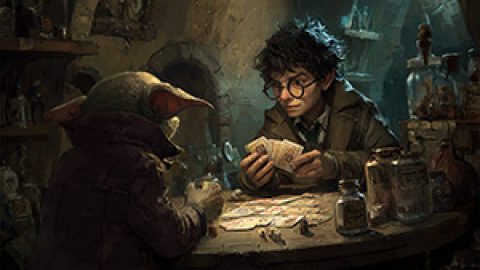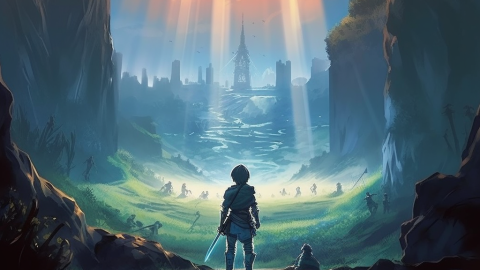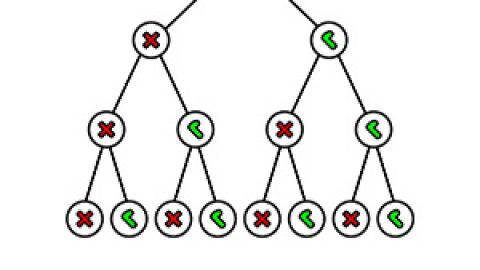You know that question that’s got everyone kind of twitchy lately? That elephant in the room question: “Is ChatGPT going to nudge us creative folk, like writers, out of our jobs?” I mean, you hover your mouse over ChatGPT-4’s tooltip, and it’s not shy about it. “Ideal for tasks needing creativity and advanced reasoning,” it brags.
Let me just put a pin in that worry balloon for you, okay? Nah, AI’s not about to elbow us out of the creative game. Not in the foreseeable future, anyway.
Let’s break it down a bit and demystify what AI like ChatGPT actually does. It ain’t human, not by a long shot. When you ask it to whip up something “creative”, it’s not pulling ideas out of thin air. What it’s really doing is churning out text based on patterns it picked up during its training phase. It’s not “getting” any of it. Its “creativity” is smoke and mirrors – a trick based on billions of examples, not a real eureka moment. What we’re dealing with here is a super-duper reference table wearing a snazzy interface that lets you ask for stuff in your everyday lingo.
Let’s zoom in on one word: ‘understand’.
Creativity isn’t just about popping out new things. Sure, AI can mush ideas together in some cool ways, but that’s only a piece of the creative pie. The meat of creativity involves deeper understanding, gut feelings, empathy. Take things like symbolism or abstraction. AI can regurgitate their definitions, and mimic their use, but because it doesn’t “get” them, it ends up using them in surface-level, tired ways. Ask ChatGPT to polish a scene you’ve written, and blend in a meaty metaphor, like linking the main character’s actions to a badger. What you get back is your scene with “and like a badger, she…” tacked on everywhere. Annoying, right?
Our human journey – our feelings, our views, our moral compass, our hopes – is key to a lot of creative processes, writing especially. AI can fake some bits of this, but it doesn’t actually feel or perceive. You and I both know there’s a world of difference between knowing and experiencing, and that’s the key distinction between us and computers. AI can’t “live” the world. AI-penned writing lacks that lived experience that often gives human writing its punch.
The plain truth is, AI only knows what we tell it. Nothing more. That’s crucial because we’re still pretty much in the dark about the human mind and the whole consciousness gig. Even with leaps in neuroscience, these mysteries remain. Check out some recent papers on consciousness – if you can trudge through the jargon, you end up with a bunch of educated guesses. Theories. Give it a decade, and they’ll all have changed. Now, if we don’t get the human mind, AI won’t either. But here’s the kicker: we may not get consciousness and experience, but they still shape our thoughts. Since computers don’t have actual consciousness, to simulate human thinking, we’d need to feed AI a precise model of the human mind. And we can’t do that because we don’t have that model.
The AI-is-going-to-replace-us worry is a red herring for now. But if we look back, we see that as tech moves forward, our roles tend to adapt more than vanish. AI’s rise might shake up what being a writer or a creative means, but it won’t kick human creativity to the curb. (And I’ll tackle what that future might look like in a future post.)
For now, just remember: AI’s just a tool. Skynet, at least for the foreseeable future, is just fiction… created by a human.
Some suggested resources
Life 3.0: Being Human in the Age of Artificial Intelligence – Max Tegmark
Beyond Human: The Transformative Power of Artificial Intelligence – Mehdi Senhadji
The Nature of Consciousness: Essays on the Unity of Mind and Matter
How AI can save our humanity – a TED talk
Recession and Automation Changes Our Future of Work, But There are Jobs Coming, Report Says










